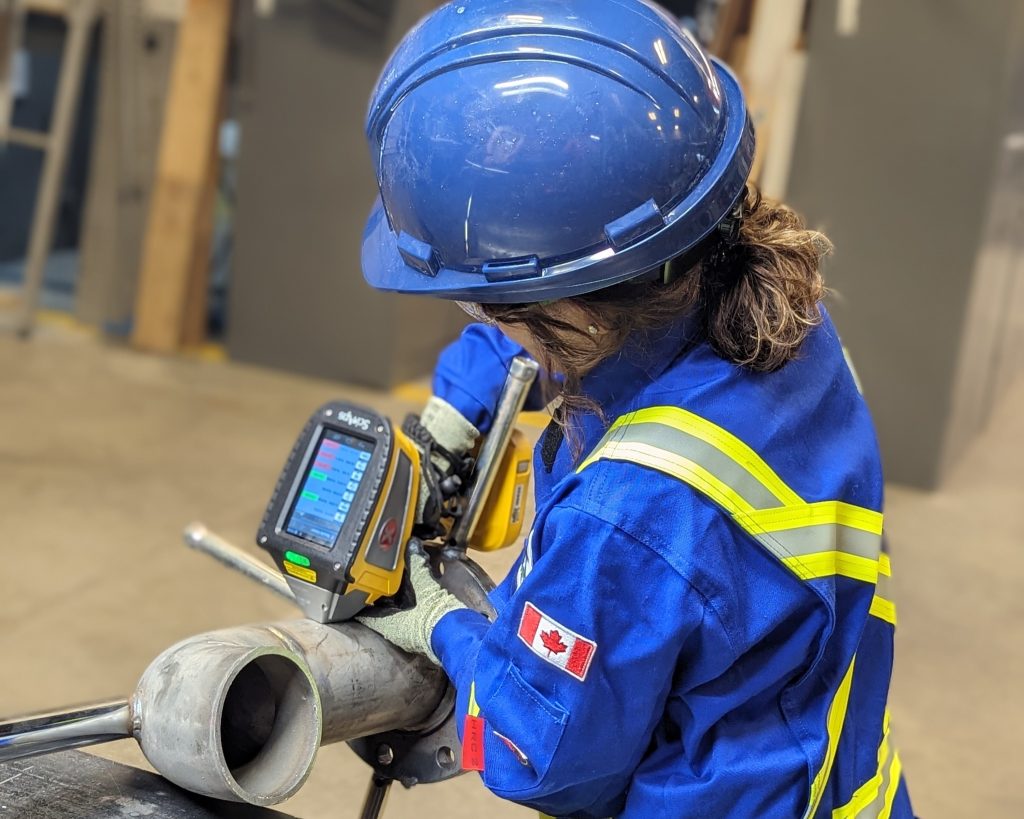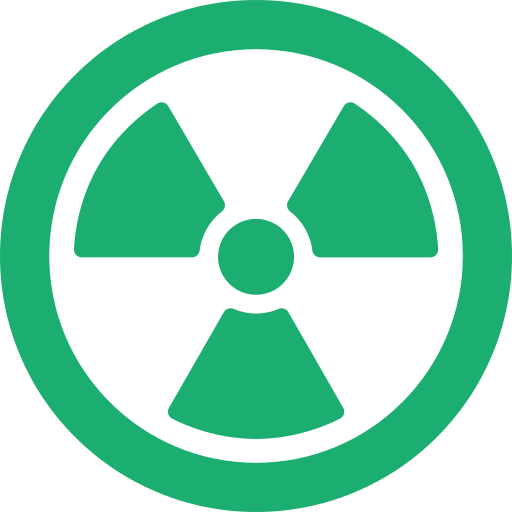X-Ray Fluorescence Spectroscopy (XRF) is a non-destructive testing (NDT) technique used to identify and verify the composition of materials, primarily metals and alloys. It is a crucial quality control and safety assessment tool employed in various industries where the accuracy of material composition is critical.

BENEFITS
- Quality Control: XRF helps ensure the correct alloy or material is used in the manufacturing process, reducing the risk of defects and failures.
- Safety Assurance: In industries like aerospace and petrochemicals, using the wrong material can lead to catastrophic failures. XRF helps prevent such incidents by confirming material compatibility.
- Cost Savings: By preventing material mix-ups and failures, XRF can save companies substantial costs associated with rework, recalls, or legal liabilities.
- Regulatory Compliance: Many industries have strict regulations regarding material composition (e.g., ASME, ASTM, API standards). XRF helps companies meet these requirements.
- Waste Reduction: XRF reduces material wastage by ensuring that only the necessary material is used, improving resource efficiency.
- Traceability: XRF provides a documented record of material composition, aiding in traceability and quality assurance.
APPLICATIONS
- Aerospace: Ensures the use of appropriate materials in aircraft construction, enhancing safety and performance.
- Petrochemical: Verifies material compatibility with corrosive environments and prevents equipment failure.
- Oil and Gas: Assures the integrity of pipelines, vessels, and other critical components in the oil and gas industry.
- Manufacturing: Used in various manufacturing processes, including metal fabrication, automotive, and electronics, to maintain material quality and consistency.
- Pharmaceuticals: Ensures the proper materials are used in pharmaceutical equipment, preventing contamination.
- Power Generation: Maintains the reliability and safety of power plants by confirming material quality in critical components.
- Construction: Helps verify the suitability of construction materials in structural and architectural applications.
- Nuclear Industry: Ensures the use of correct materials in nuclear reactors and related equipment, vital for safety.
- Shipbuilding: Confirms material integrity in ship construction, which is essential for seaworthiness.








